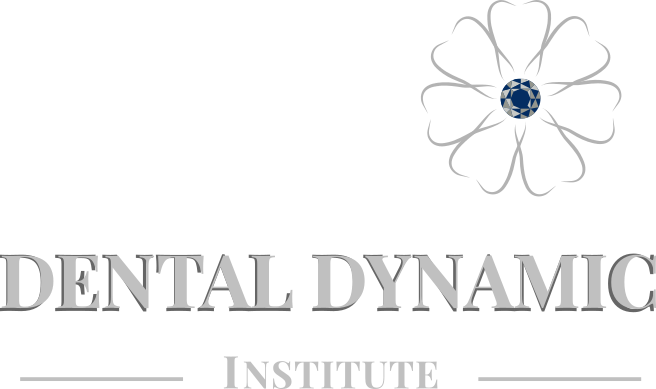Effective tips for managing conflict in your practice
Conflict is an inevitable aspect of any workplace, including dental offices. As professionals in the dental field, it is essential to understand how to effectively manage conflict to maintain a harmonious work environment and ensure the quality of patient care. In this blog, we will explore the significance of effective management styles in conflict resolution within dental clinics.
Collaborative Management Style
Adopting a collaborative management style fosters teamwork and open communication among team members. By encouraging individuals to share their ideas and concerns, conflicts can be addressed proactively. This style empowers employees to engage in constructive discussions and reach mutually beneficial outcomes.
Transformational Leadership Style
The transformational leadership style focuses on motivating and inspiring team members to excel. Dental office managers who embody this style lead by example, setting high standards and encouraging personal growth. By nurturing a positive work culture, conflicts can be minimized as employees feel valued and motivated.
Democratic Management Style
In a dental office setting, a democratic management style encourages employees to participate in decision-making processes. By involving team members in problem-solving and conflict resolution, different perspectives are considered, promoting a sense of ownership and engagement. This style fosters a collaborative environment that facilitates conflict resolution.
Dental Clinic Conflict Management: Taking a Proactive Approach
Conflict management in dental clinics requires a proactive approach to prevent potential disputes. Dental office managers can implement the following strategies to minimize conflict:
Clear Communication Channels
Establishing clear and open lines of communication is paramount. Encourage team members to express their concerns, ideas, and suggestions without fear of judgment. Regular team meetings and one-on-one sessions can provide opportunities for individuals to voice their thoughts and address any underlying conflicts.
Conflict Resolution Training
Investing in conflict resolution training for all team members can significantly enhance their ability to manage conflicts effectively. Training should focus on active listening skills, empathy, and effective communication techniques. By equipping employees with these essential skills, conflicts can be addressed promptly and amicably.
Mediation and Facilitation
In situations where conflicts arise, dental office managers can play a crucial role as mediators or facilitators. By actively listening to all parties involved, managers can guide the discussion toward a resolution. Mediation allows for a fair and unbiased process, ensuring that both sides feel heard and understood.
Managing conflicts in dental offices is vital for maintaining a positive and productive work environment. By adopting effective management styles, dental office managers can proactively address conflicts and prevent potential disputes. The Dental Dynamic Institute's Dental Office Management Certification program equips managers with the necessary skills to navigate conflict situations successfully. Incorporating clear communication channels, conflict resolution training, and mediation techniques promotes a harmonious workplace where conflicts are resolved efficiently, ensuring the best care for patients.
Dental Dynamic Institute: Empowering Dental Office Managers
Dental Dynamic Institute (DDI) is a renowned institution that offers specialized training and certification programs in dental office management. With its comprehensive curriculum and focus on practical skills, DDI equips dental office managers with the necessary tools to handle various challenges, including conflict resolution.
Dental Office Management Certification: Building Skills for Conflict Management
DDI's Dental Office Management Certification program emphasizes the development of effective management styles that are crucial in conflict management.
